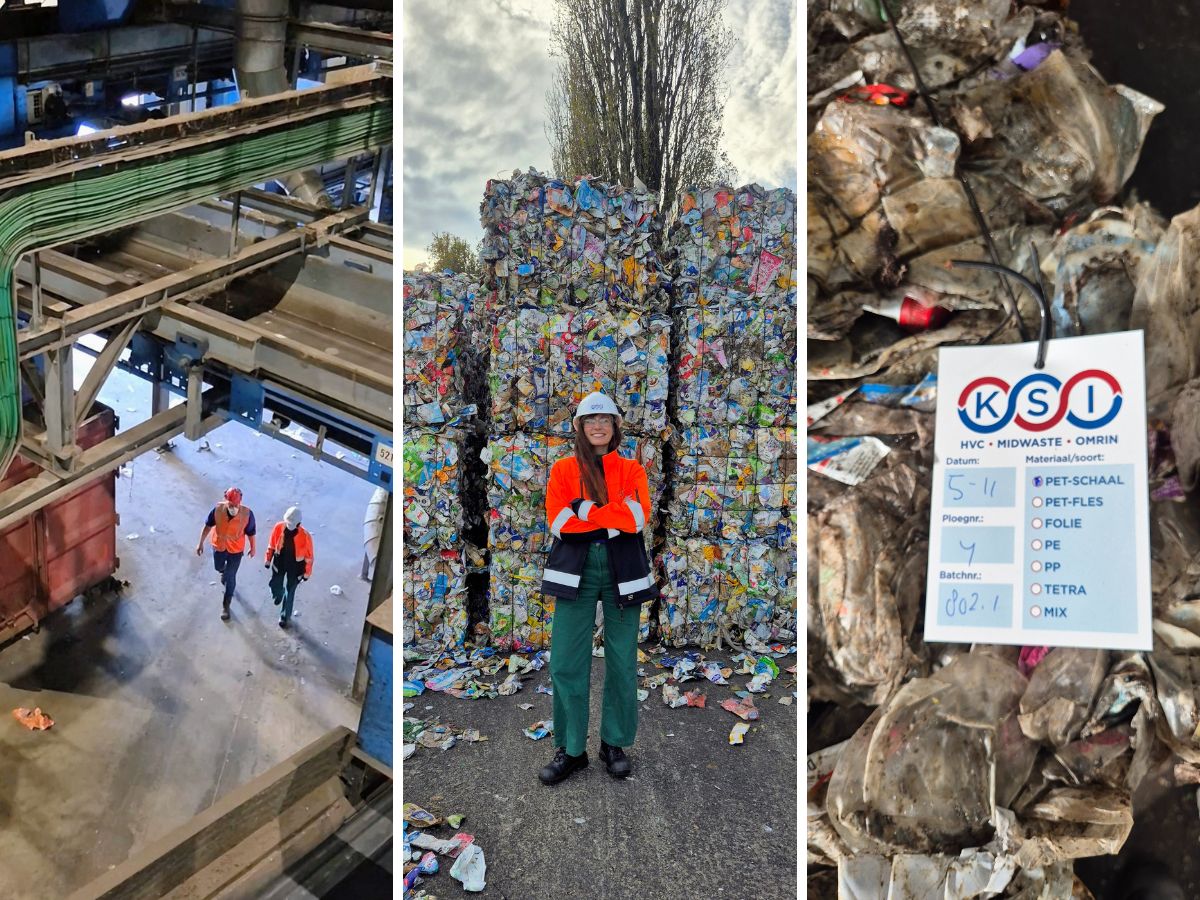At thegreenlist.nl we also like to write about sustainable business. This time, we dive into VAT returns. This is probably not your favourite thing to do as a sustainable entrepreneur, and yet it is important to do it carefully. In this article, we share with accountant Marcel Huting tips what you can do to keep your accounts in order and make the quarterly closing, your VAT return, easier. The secret: structure and regularity. We'll show you how to do it!
Your VAT return
In cooperation with Huting Tax Advice & Administration
As a business owner, you have to file your VAT return four times a year to see how much sales tax you owe the tax authorities. Or maybe you get a refund if you incurred a lot of expenses. This is called the quarterly statement. Besides your VAT return, as an entrepreneur you have to deal with income tax once a year. Furthermore, you pay an annual contribution to the Health Insurance Act (this is a percentage of your profit). If you want to know more about this, see the accounting tips we shared earlier. In this article, we take a closer look at your weekly administration with Marcel so that that VAT return every quarter doesn't become quite a hoist.
What was the deal with VAT again?
We call it all the time: VAT. But what does this abbreviation stand for again? Pooh, that economics lesson suddenly seems like a very long time ago... VAT stands for Value Added Tax. It is a tax on the goods (and services) you buy. Everyone pays VAT, just look at your receipts. Only entrepreneurs are allowed to reclaim the VAT they paid from the tax authorities, this is to avoid double taxation and thus the piling up of VAT. In the Netherlands, we calculate with a high and a low tax rate. The high rate is 21% and the low rate is 9%. You charge 21% VAT on most goods and services. The low VAT rate only applies to goods and services that are considered primary necessities such as food, repairs, public transport, the hairdresser, medicines and until 2026 also books and magazines. You can find out which VAT rate applies to your business at The Tax Office website.
Making your quarterly closing a breeze
Keeping your records, even if you have an accountant, will continue to demand time from you. Yet with a few good habits you can make things a lot easier for yourself - and your accountant. Reserve half an hour to an hour a week for this and your quarterly closing will be done in no time!
- Do it every week: pay and send invoices, upload all expenses in your accounting system and process them in the correct expense account, keep a record of hours (in case of claiming self-employment deduction), note the kilometres driven, your business trips by public transport and answer important mail/mails. This way, you will never be in arrears.
- Think about the environment when digitising your records. Make files as small as possible before storing them in the cloud or uploading them into your accounting system. Running all data centres requires an awful lot of energy and water. The fewer the heavy files, the less strain you put on the servers. You can read more good work habits in this article.
- Keeping your digital diary is also an important task, because in case of an audit, the tax authorities almost always want to see your diary. Do you have a paper diary? Then keep it for at least seven years!
- Make notes on receipts and invoices. If you go for lunch on business, put on it who you had lunch with and what it was for. You should always be able to prove that an expense is business.
- Always check the invoices you receive. If there is more than one error on these, the tax authorities may refuse the deduction of VAT. So always ask for a new, corrected invoice immediately if you spot an error. You can read more about invoicing in this article.
- Do you have business expenses exceeding 100 euros? Then you should ask for a named invoice, as a receipt will no longer suffice to reclaim the VAT paid.
- If you have made a business purchase online, you must also keep the mail belonging to the digital invoice. You are obliged to keep your receipts for seven years. This applies to the original paper receipts and digital receipts (and the corresponding mail). You can read more about business expenses in this article.
- If you work with freelancers who issue invoices without VAT (e.g. because they are under the KOR fall or are not entrepreneurs), then you have to report these payments to the Tax Office. Make sure you have their date of birth, NAW details (name, address and place of residence) and their bank account number, because you have to report these details to the Tax Office as well. This can be done monthly or at the end of a year (no later than 1 February).
Need more accounting tips and help?
Maybe you have been doing business for a while, or maybe your initiative is still in its infancy. Either way, with the guide for starting entrepreneurs, we would like to help you on your way with the administrative side, so you can do what you do best: make your idea a success! Because say it yourself, it's a nice idea when the administrative basics are all in order. With the help of this guide, you will have everything you need to organise your company's bookkeeping properly, learn good habits and, as a bonus, we will also share with you how you can do business a little more consciously. We got you!
For 13.50 euros, you have this lifesaver directly to your inbox and so on your tablet or mobile phone! Order the guide for start-ups in our webshop!


About Marcel Huting
Marcel does administration and bookkeeping for a variety of companies and individuals throughout the Netherlands. He can help you get started or take over the entire bookkeeping process from you. Find out more about Huting Tax Advice & Administration.
Photo credits main image: Taryn Elliott (Pexels).












